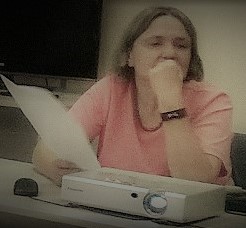A Publisher's Conversation with Authors: Republishing Self-Published Books

It is Tuesday. Time to tall turkey. Monday's madness is over, and Wednesday will take us over the hump, so Tuesday it is--for some serious discussion with authors. Tuesday talks mean to address authors in waiting and self-published authors who would like to go a more traditional route or who would at least like to take their steps with a publisher by their side. Today's topic is about republishing self-published books. Can you get a traditional contract from a traditional publishing house for a book you have self-published? Well, that depends. As the acquisitions editor for a traditional press that also offers hybrid publishing contracts for untested writers, the answer is an across-the-board no, but there are some publishers who might. Let's look at the reasons for and against republishing a self-published book, from a publisher's point of view. Why a publisher would not want to re-publish a self-published book -- Typically, an author thinks that he or she has exhau...




